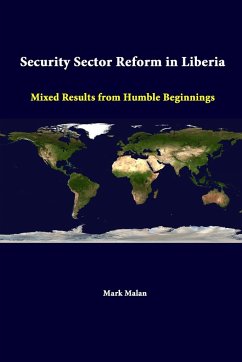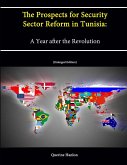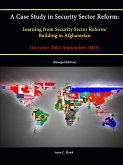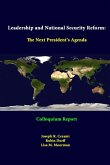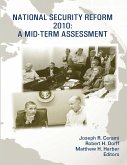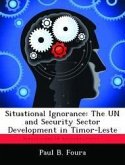The reform and the democratic control of the security sector-and the joining together of security and development-have become a major focus of international intervention into post-conflict societies. In theory, security sector reform (SSR) programs derive from a comprehensive national defense and security review. They involve, at the core, the transformation of a country's military and police forces-but they also involve a comprehensive review and restructuring of intelligence services, the penitentiary, the judiciary, and other agencies charged in some way with preserving and promoting the safety and security of the state and its citizenry. However, the process of SSR in Liberia, supported by the United Nations, the United States, and a number of bilateral donors, is far more rudimentary than the conceptual paradigm suggests. It is aimed simply at the training and equipping of the army and the police, with little attention or resources being devoted to the other components of the security system.
Hinweis: Dieser Artikel kann nur an eine deutsche Lieferadresse ausgeliefert werden.
Hinweis: Dieser Artikel kann nur an eine deutsche Lieferadresse ausgeliefert werden.

